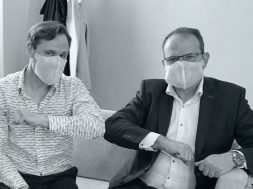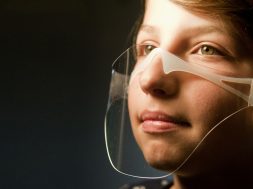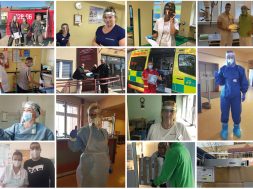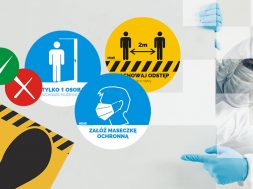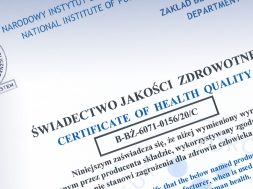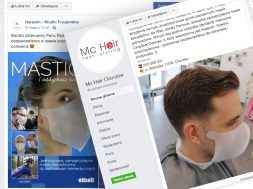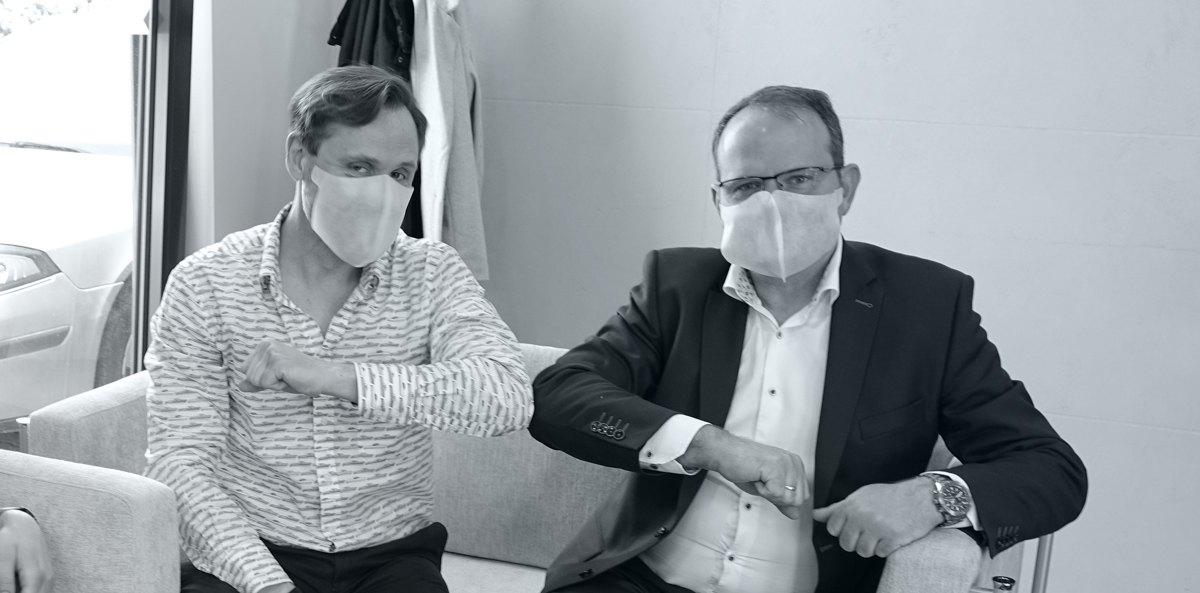
Etisoft cooperates with scientists in order to efficiently manage post-pandemic waste
Safe disposal of masks – an ecological challenge
As far back as last year recycling and possibility to re-use polymer waste, among other things, plastic bags, was a hot and newsworthy topic. The coronavirus pandemic and the need to wear personal protection equipment made scientists and the recycling industry face an urgent challenge: how to safely and with further benefit dispose of, among other things, used masks, gloves and protective visors?
Etisoft has not only recently become their producer, by broadening its offer to include disposable masks and visors. We are also a socially responsible company that cares for the environment by dealing with all the stages of the life cycle of our products. Our company has just signed a letter of intent regarding participation in the UPS-Plus research project financed by the Foundation for Polish Science, which concerns management of, among other things, waste generated after use of, among other things, masks and protective visors.
How does wearing masks influence the state of environment?
“The UPS-Plus project is implemented by an interdisciplinary team of scientists from the Silesian University of Technology, mainly from the Faculty of Energy and Environmental Engineering, but also from the Faculty of Chemistry and the Faculty of mechanical Engineering. The project concerns optimisation of the process of incineration and valorisation of by-products of incineration if order to meet the assumptions of a closed-loop economy (UPS-Plus). Within the framework of the project we study various fuels, including waste fuel, the so-called RDF, with regard to optimisation of their energy and material recycling,” prof. Sylwester Kalisz, D.Sc. (Eng.) at the Silesian University of Technology, Department of Power Engineering and Turbomachinery, project manager, said.
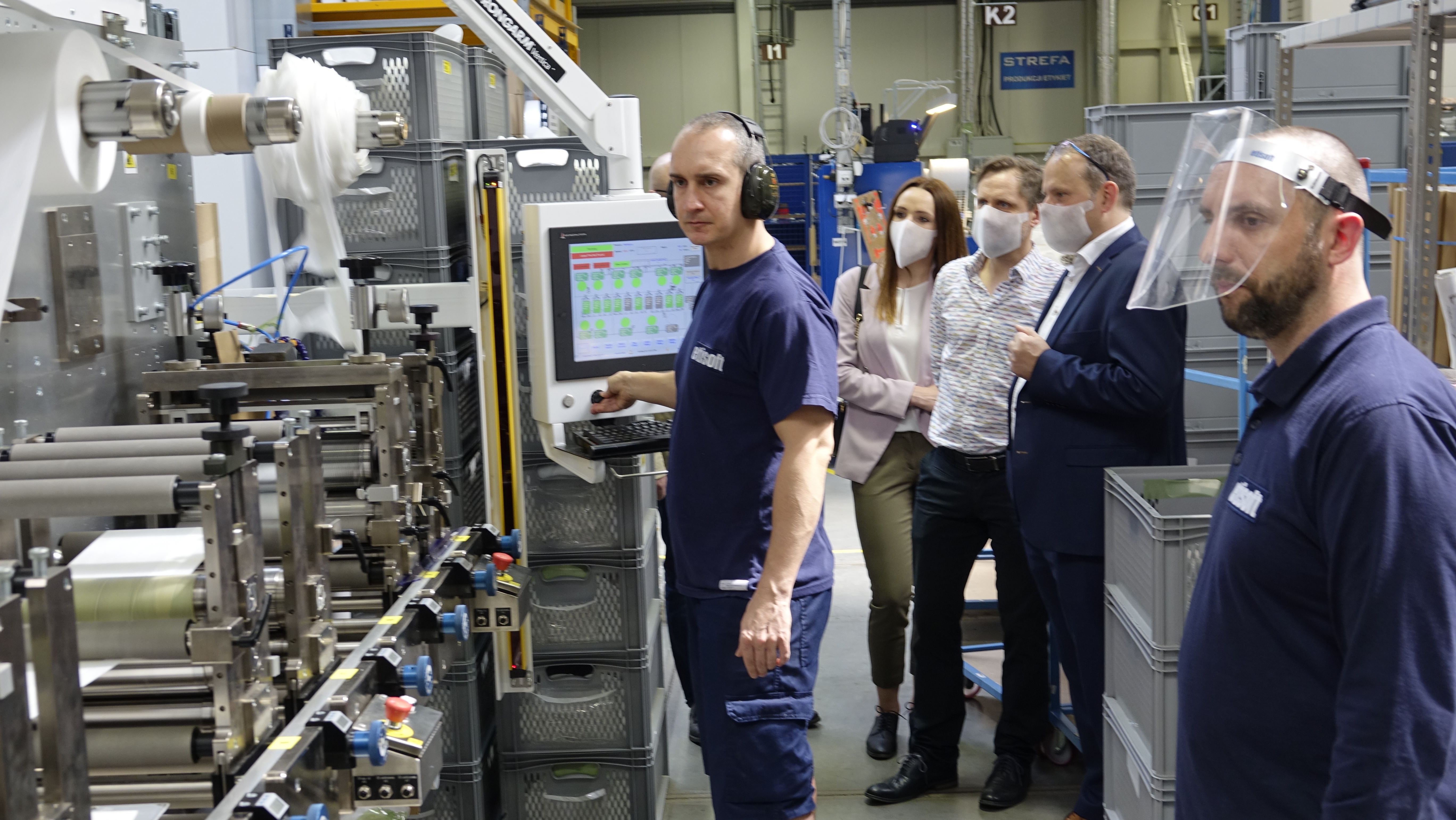
The university in Gliwice is currently applying for the increase in the grant-aid of the Foundation for Polish Science for the currently implemented project. The foundation has begun the receipt of applications for interventional extension of the scope of existing projects with the issues related to COVID-19. The extension of the content-related scope of the UPS-Plus project will consist in conducting studies on the influence of current restrictions (i.e. an obligation to wear masks, gloves and protective visors) on the state of the natural environment as well as efficient management of post-pandemic waste that is generated at a rapid pace. The scientists will take into consideration the principles of sustainable development of the society and safety of technology of thermal treatment technology of “new fractions of fuel.” More information about the UPS-Plus project can be found at www.ccf.polsl.pl
Self-adhesive masks – recycling and re-use
“As a company that very quickly found itself in a new reality, we are consciously and with full responsibility ready to support ecological actions that serve recycling and re-use of masks and visors,” Michał Majnusz, president of Etisoft sp. z o.o., adds. “Our role in extending the project will consist in providing material from the masks and available material and technological data for further study. I hope that in this way we will contribute to solving the problem which our planet will undoubtedly struggle with soon.”
The solution which we as a company participate in is a great opportunity and challenge to minimise to a large extent the influence of currently used personal protection equipment on the natural environment with our present and future generations in mind. Leaving the issue of professional, safe and environmentally-friendly disposal to the scientists is therefore the best, long-term investment.
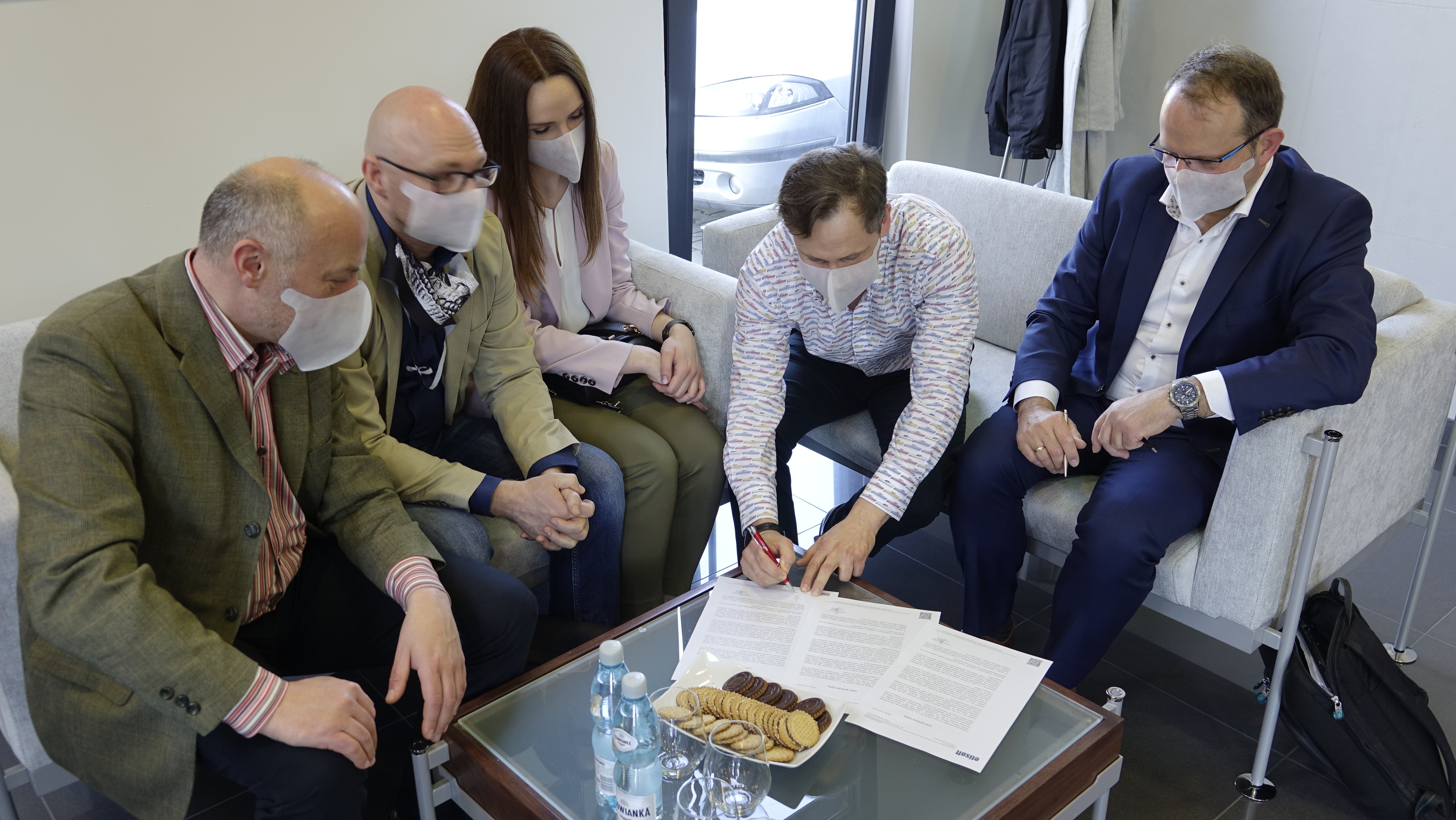
Meanwhile, discarded everywhere and non-recycled used masks are already becoming a ticking ecological bomb. Two months after they had begun to be used in connection with coronavirus in China it turned out how much they polluted the natural environment. They are piling up in large amount for example on the banks of beaches. Therefore, they are becoming a hazard for the marine ecosystem, wildlife habitats and public health.
We are therefore looking forward to the solution proposed by the scientists associated with the university in Gliwice!
(133)
